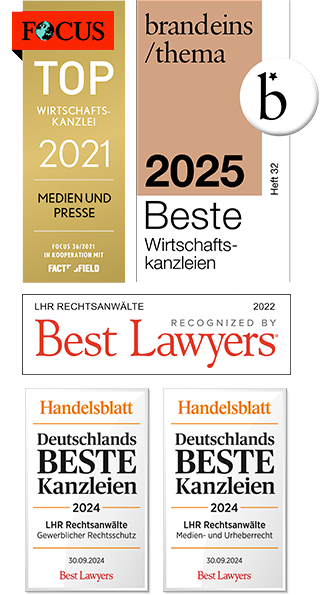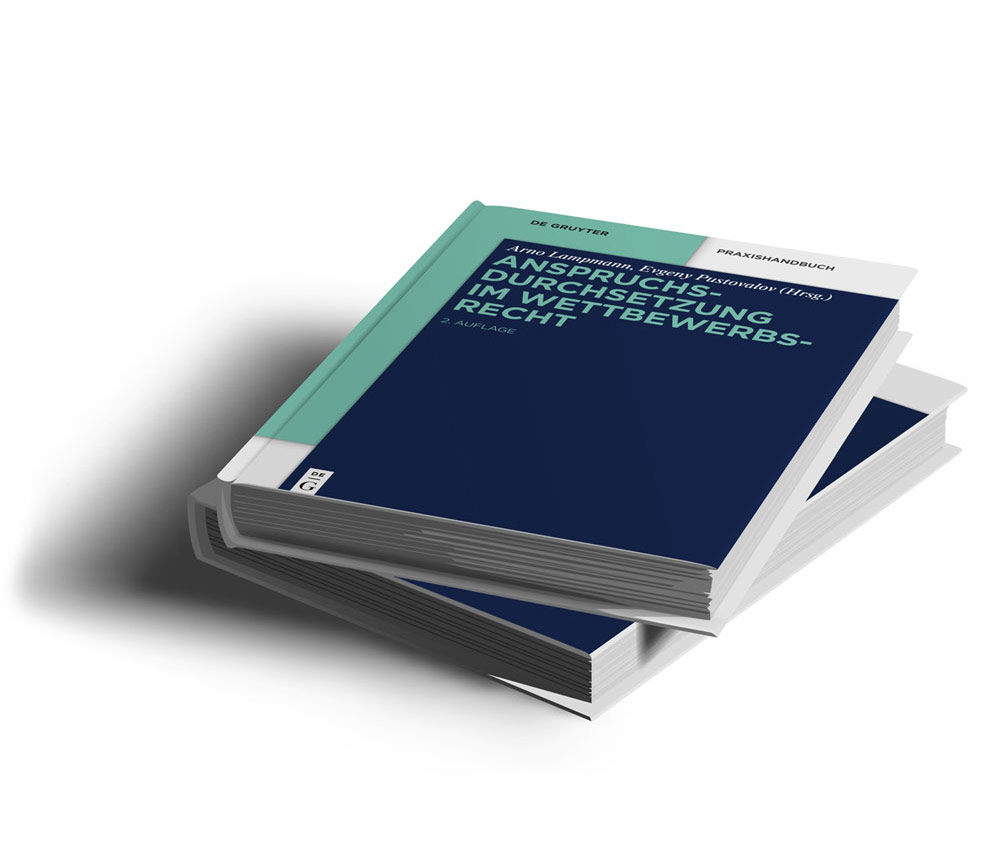Data in exchange for service: Advertising consent permitted for online prize draw

Many entrepreneurs want to attract new customers with prize draws. The participation is often made dependent on a consent to receive advertising.
The Higher Regional Court Frankfurt/Main (Oberlandesgericht Frankfurt/Main) recently had to examine the requirements for such a consent. For advertisers, this decision means above all one thing: a considerable simplification of their advertising possibilities.
Accordingly, a declaration of consent in telephone and e-mail advertising – obtained as part of a price draw – is effective and GDPR-compliant if the declaration applies to a manageable number of companies (here: 8) and is sufficiently specified (Higher Regional Court Frankfurt a.M., judgment of June 27, 2019, Ref. 6 U 6/19).
Advertising consent for a price draw
In the case in question, an electricity supplier had organized a price draw. However, in order to participate, users had to agree to future advertising calls by the energy company. Later, a participant received an advertising call regarding a possible change. The energy company referred to a consent which it had obtained in the context of a price draw. The called consumer objected that she had never taken part in a price draw and therefore had not consented to anything.
The plaintiff – also a utility company for electricity, natural gas, water and heat – then brought an action for an injunction against the advertising measures in question. The district court Darmstadt (Landgericht Darmstadt) sentenced the defendant to cease and desist (District Court Darmstadt, judgment of November 22, 2018, Ref. 16 O 41/18). The defendant directed its appeal against this judgement.
Effectiveness of a consent according to GDPR
The court first stated that the effectivness of the consent had to be determined according to the standard of the GDPR, which entered into force on May 25, 2018. Although the alleged consent had already been given on January 04, 2018 and thus before the GDPR entered into force. However, the call took place on August 24, 2018 – at a time when the GDPR was already in force. The court dealt in detail with the individual requirements for an effective consent. But it didn’t deal with the so-called “prohibition of coupling or tying” pursuant to Art. 7 par. 4 GDPR in its reasons for its decision.
“Voluntary” means “without compulsion”
First of all, it is necessary for an effective consent to be given voluntarily. “Voluntary” is synonymous with “without compulsion”. It is sufficient that the person concerned has a genuine or free choice and is able to refuse the consent without suffering any disadvantages. This also results from recital 42 of the GDPR. In particular, no pressure may be exerted on the person concerned. A mere attraction by promise of a benefit, such as a participation in a price draw, is not sufficient. The consumer can and has to decide for himself whether participation in a price draw was “worth” the disclosure of his data.
Determination and transparency of the consent
Furthermore, the consent must have been given “for the specific case”. This is the case if it’s clear for which type of advertising measures of which company the consent is to cover.
The Court states that the transparency still exists in respect of the eight companies listed in the declaration of consent and that the consent is effective. If the participating consumer doesn’t realistically deal with all these companies for whose benefit an advertising consent is to be given, the consent would be ineffective.
“Electricity & Gas” – sufficiently specific product reference
General formulations (“financial services of all kinds” or “product marketing”) are not sufficient as far as product reference is concerned. However, the description of the product categories “electricity & gas” is not objectionable. For another company, however, only the term “Marketing & Advertising” was used. The court states in this regard:
“On the other hand, there are doubts whether the consent in favour of the company “X Ltd.” is effective, because the information about this company (“Marketing and Advertising”) doesn’t reveal the type of products for which the consent was given for advertising.” (Translated by the author)
However, this doesn’t alter the effectiveness of the advertising consent towards the energy company, which has been sufficiently substantiated. The lack of recognizability for one company doesn’t mean that the entire declaration of consent is “infected” and is also invalid with regard to the other companies.
No sufficient proof of the consent
Although the conditions for an effective consent were met in principle, the advertising energy company lost the trial because it was not able to sufficiently make it credible that the consumer had actually given her an advertising consent. The customer denied that she had taken part in a lottery.
The respondent used a combined email telephone double-opt-in procedure in which subscribers stated the telephone number and email address, but only the email address was confirmed by a double-opt-in procedure. This procedure is not conclusive with regard to telephone advertising, because there is no need for a necessary connection between the specified e-mail address and the specified telephone number. There are many reasons for registering a wrong telephone number, the court said. The fact that an SMS code had been sent or a recall had been requested in order to also carry out a telephone double-opt-in wasn’t presented. However, the burden of evidence falls on the advertiser. On the other hand, there were affidavits by witnesses who stated that they had not taken part in any price draw, had not received a telephone number and had not received an SMS code.
Conclusion
The verdict may be surprising for some data protectors, but it has a high practical relevance for the advertising industry. It shows that even under the GDPR, an advertising consent may be linked to participation in price draws and co-sponsoring with a manageable number of sponsors is permissible.
The ruling also shows the difficulties in documenting a consent, which companies concerned should be aware of when they want to send promotional e-mails to price draw participants. It remains to be seen, whether this interpretation will be confirmed at a higher instance.

